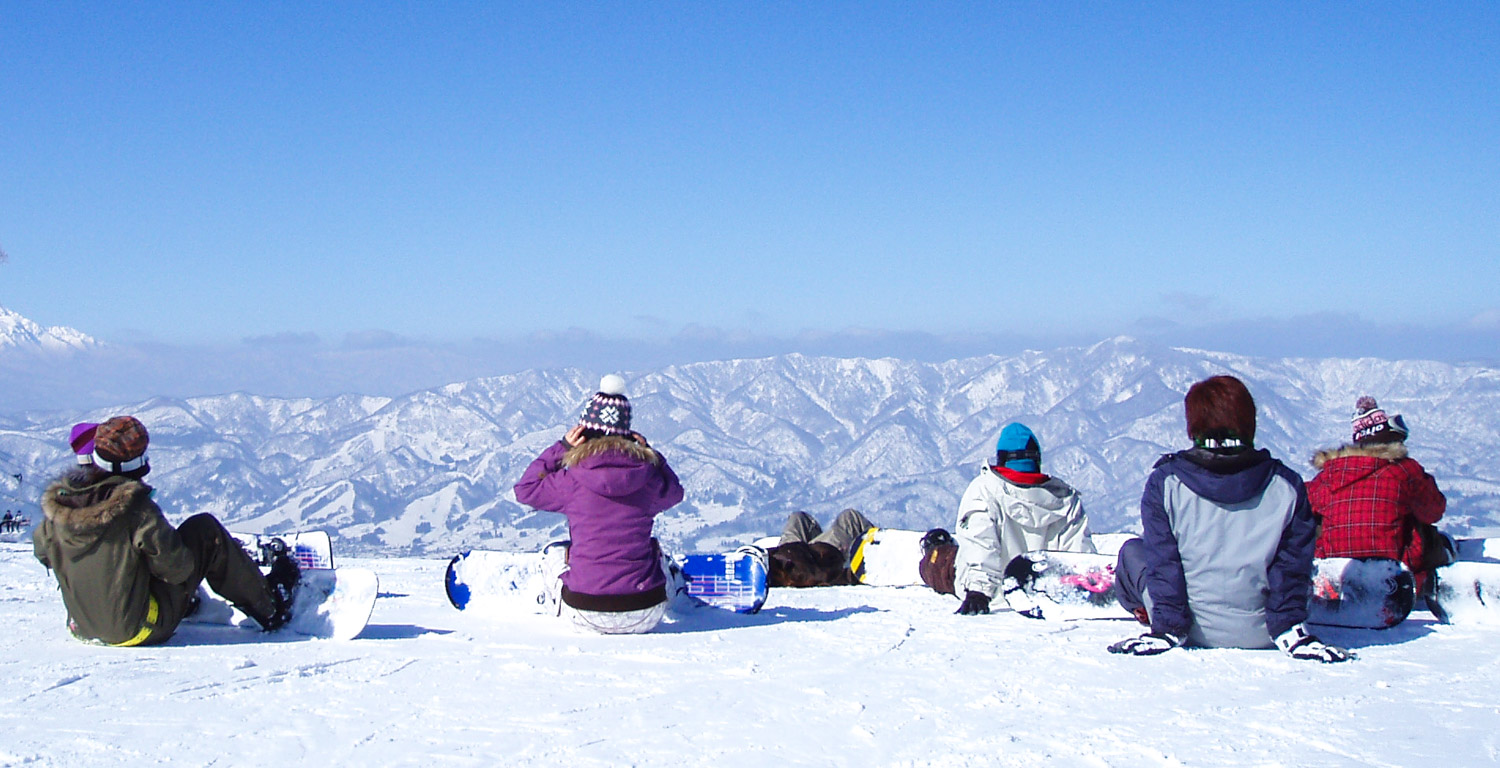On our ever-growing list of must-visit travel destinations, Niseko and Koh Samui are among the tried and true gems, while there are always new, lesser-known hotspots emerging.
21 years since the 1998 Winter Olympics, Nagano has secured its reputation as a premier winter sports destination. While Hakuba is already firmly on our radar for a year-round retreat in Nagano, its smaller cousin Nozawaonsen (野沢温泉) is excellently located for a ski-and-culture holiday, being is just an easy 2-hour drive from Hakuba and 3-4 hours from Tokyo, served by several direct bus routes as well as accessible by train. A trip to the lesser-known resort village can easily be extended into a longer trip throughout Japan.
We are always seeking out new places to visit before they become too popular or touristy, and Nozawaonsen fits just the bill. This working village tucked into the eastern Japan Alps is best known for its hot springs and snow conditions, but there is more to it than that:
the hot springs
Nozawaonsen is a famous hot spring town steeped in over 700 years of history, blessed with more than 30 natural-source onsens.
Needless to say, most of the hotels and ryokans in town have their own hot spring baths for the exclusive use of their guests. Scattered around town are 13 natural onsen bathhouses (soto-yu) open to the public. They are all within walking distance from each other and retain part or all of its original Edo-era construction.
Oyu is the largest of these community-owned bathhouses, and practically a landmark in the village. The cooking hot spring at the Ogama Onsen adds another sight to behold. As its thermal water bubbles up at near boiling point, this steaming onsen is used solely for cooking by the locals, bringing us such regional specialties as the “onsen egg”!
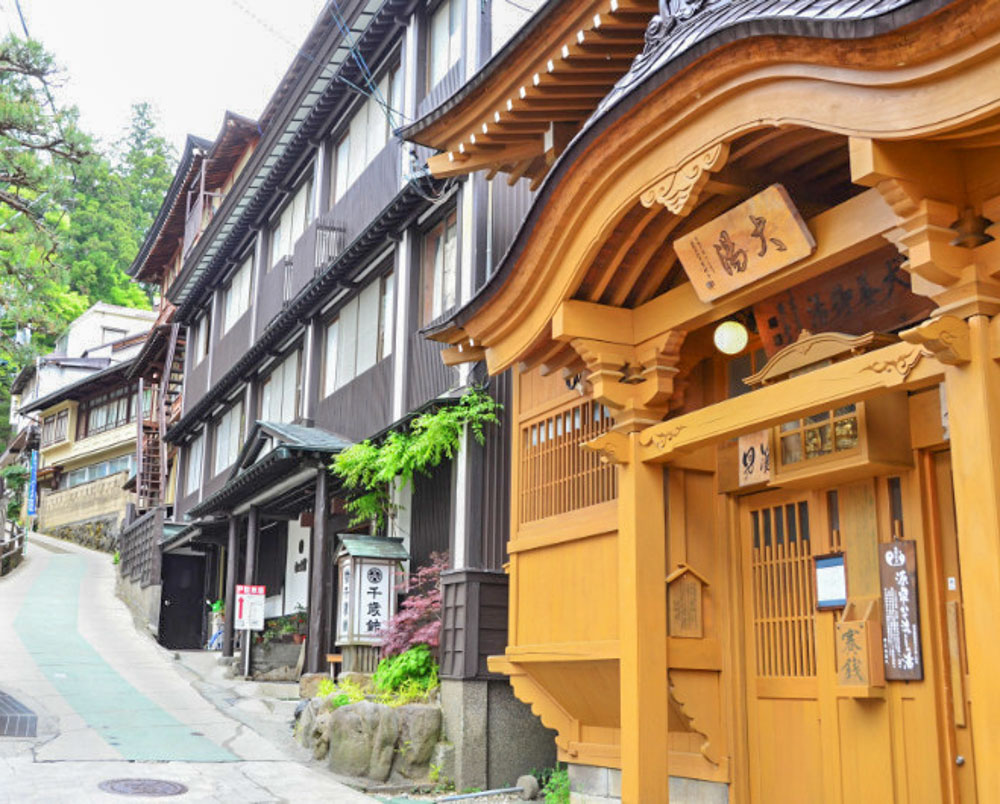
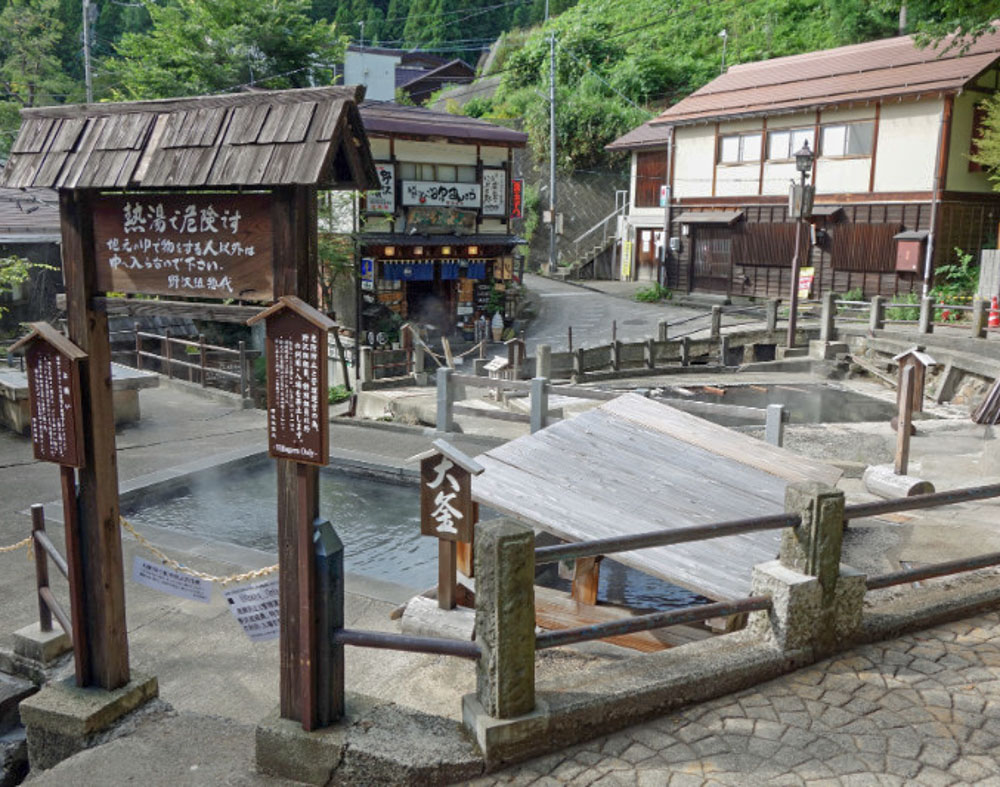
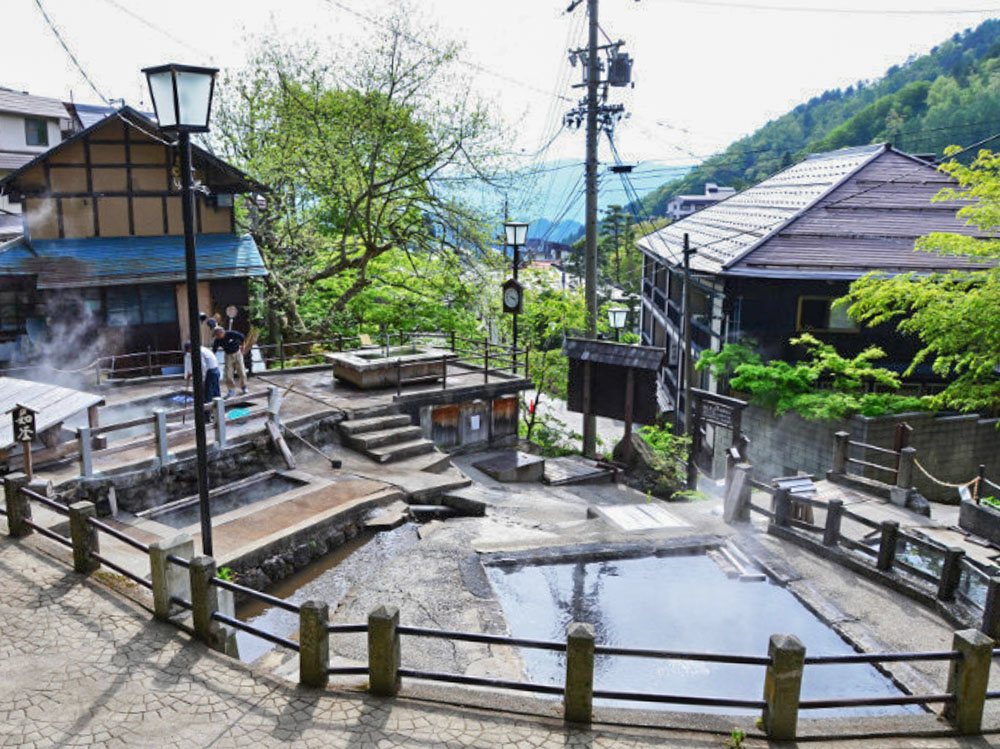
the winter sports
Nozawaonsen has just the one humming ski resort, and there really is something for everybody.
Ski season lasts from November well into early May, and with over 10m of annual snowfall, there is plenty of terrain with fantastic powder snow to explore.
Served by 21 lifts, the hilly resort offers over 50km of trails and pistes beginning at an elevation of 1085m, plenty to keep hardcore powderhounds busy for days.
Night skiing is available on the lower slopes, and there are backcountry guides available for the more adventurous. Not to mention there is the option to spend a few nights in nearby Hakuba for more time on the slopes.
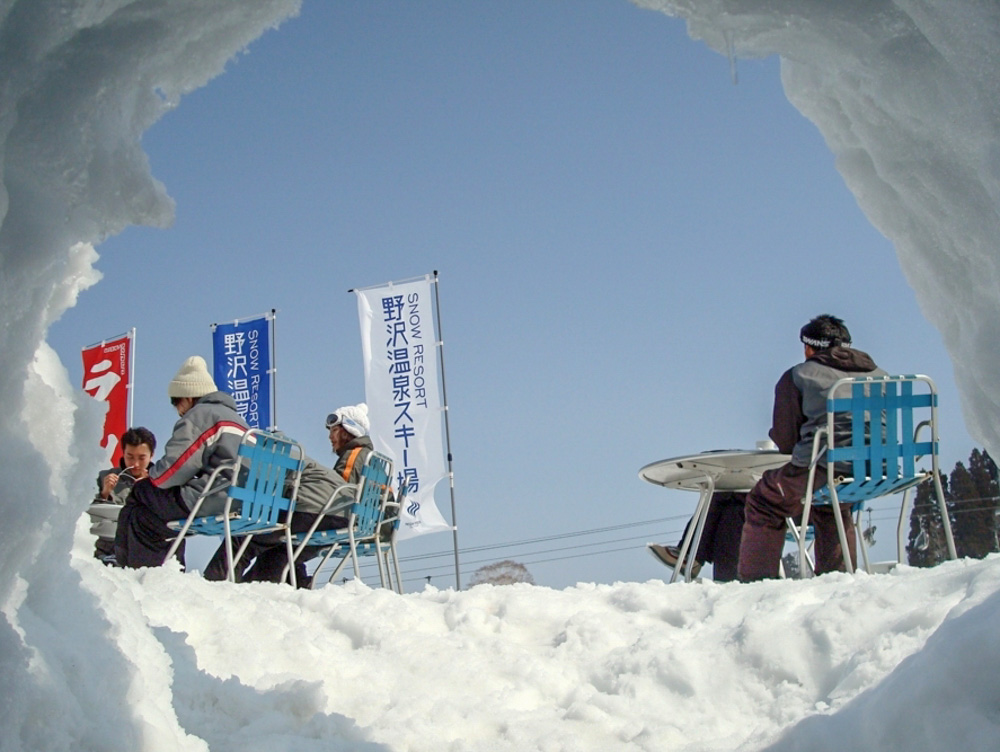
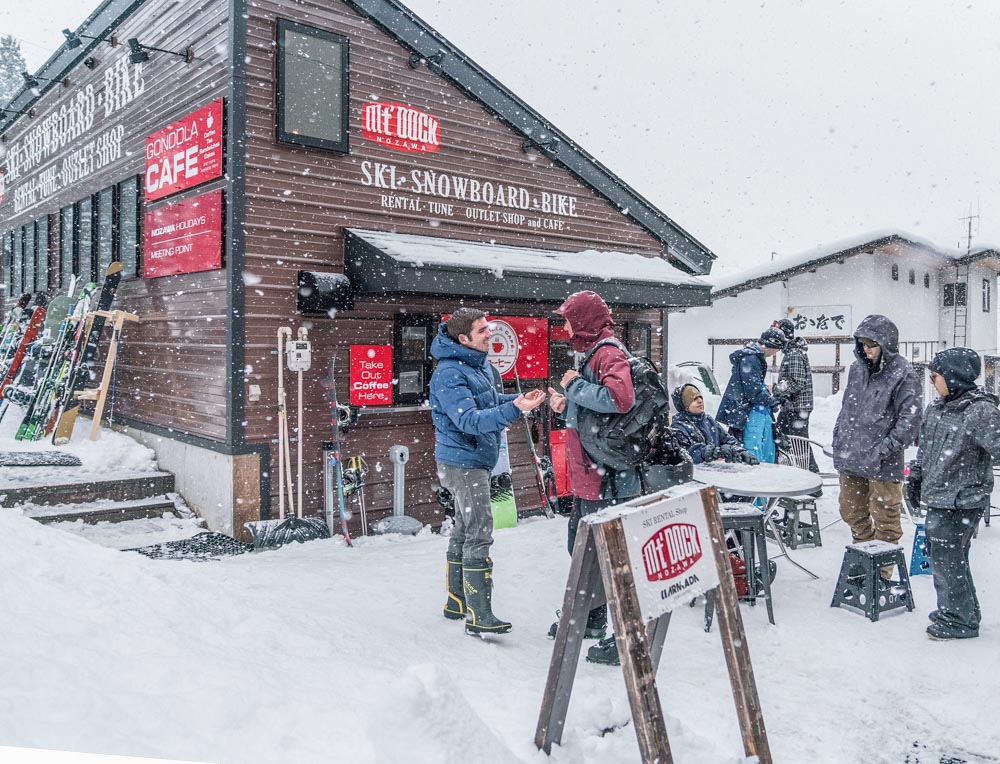
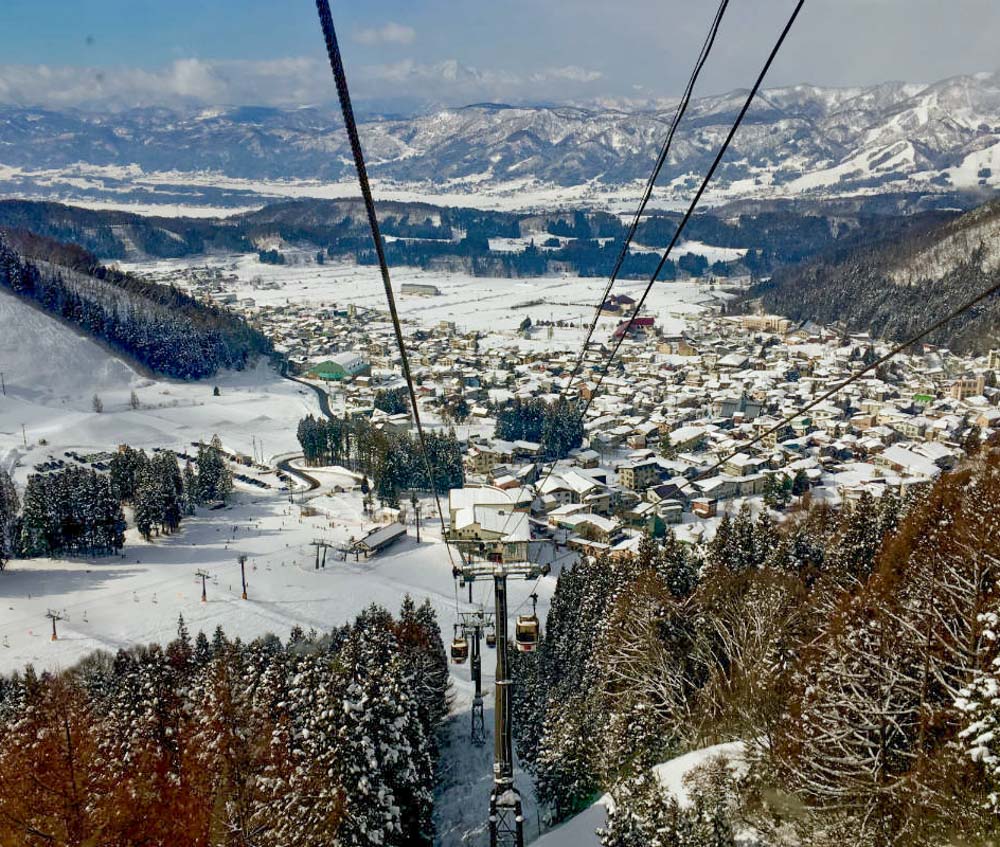
the cultural experience
Nozawaonsen is a compact town with a maze of wood-panelled lanes lined with buildings that date back to the Edo period, hundreds of years before snowsports were ever heard of. Home to some 4000 people, the rustic village is where families grow up and people go about their daily business. The town has a strong sense of community, and the old-timey ambience still permeates the environs of it.
It wouldn’t be an overstatement to say Nozawaonsen offers a richer and deeper cultural experience many other resorts in Japan, where the modern has overtaken the traditional. In many ways, it feels like a “real” town that just happens to be in a beautiful mountain setting with fantastic snow conditions.
The abundance of charming local shops and restaurants mean Nozawaonsen has plenty to see and do in a relaxing weekend, and much to overseas visitors’ delight, there is an increasing variety of cultural activities on offer, from arts and crafts (weaving and pottery, to name a few) to cooking (making your own soba and dumplings etc), for a taste of the Japanese way of life.
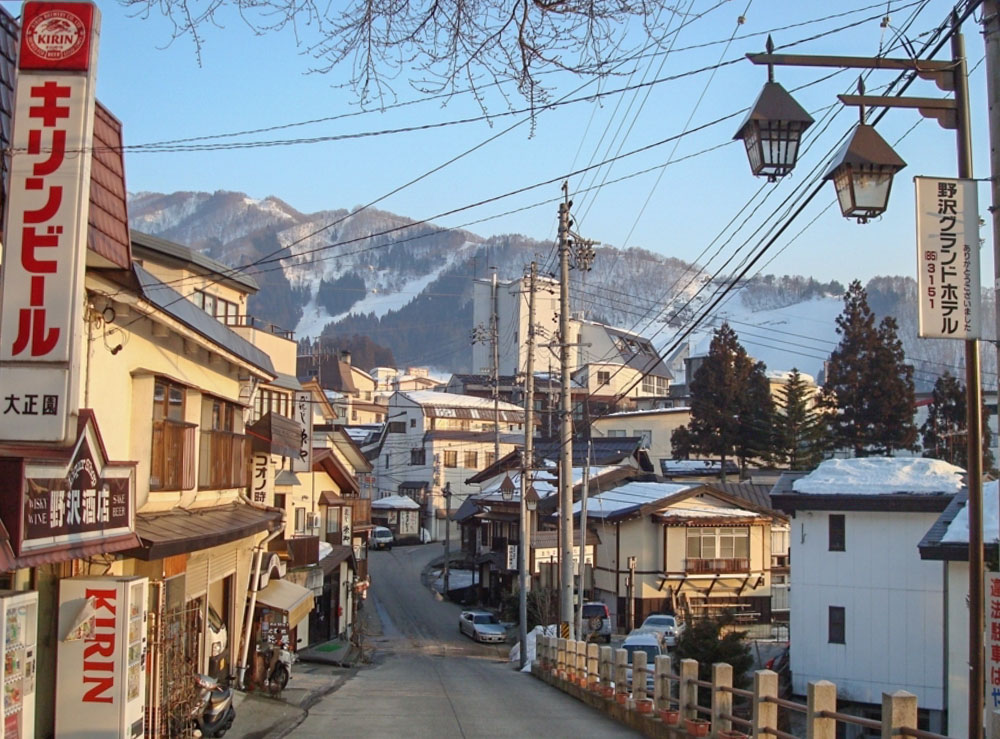
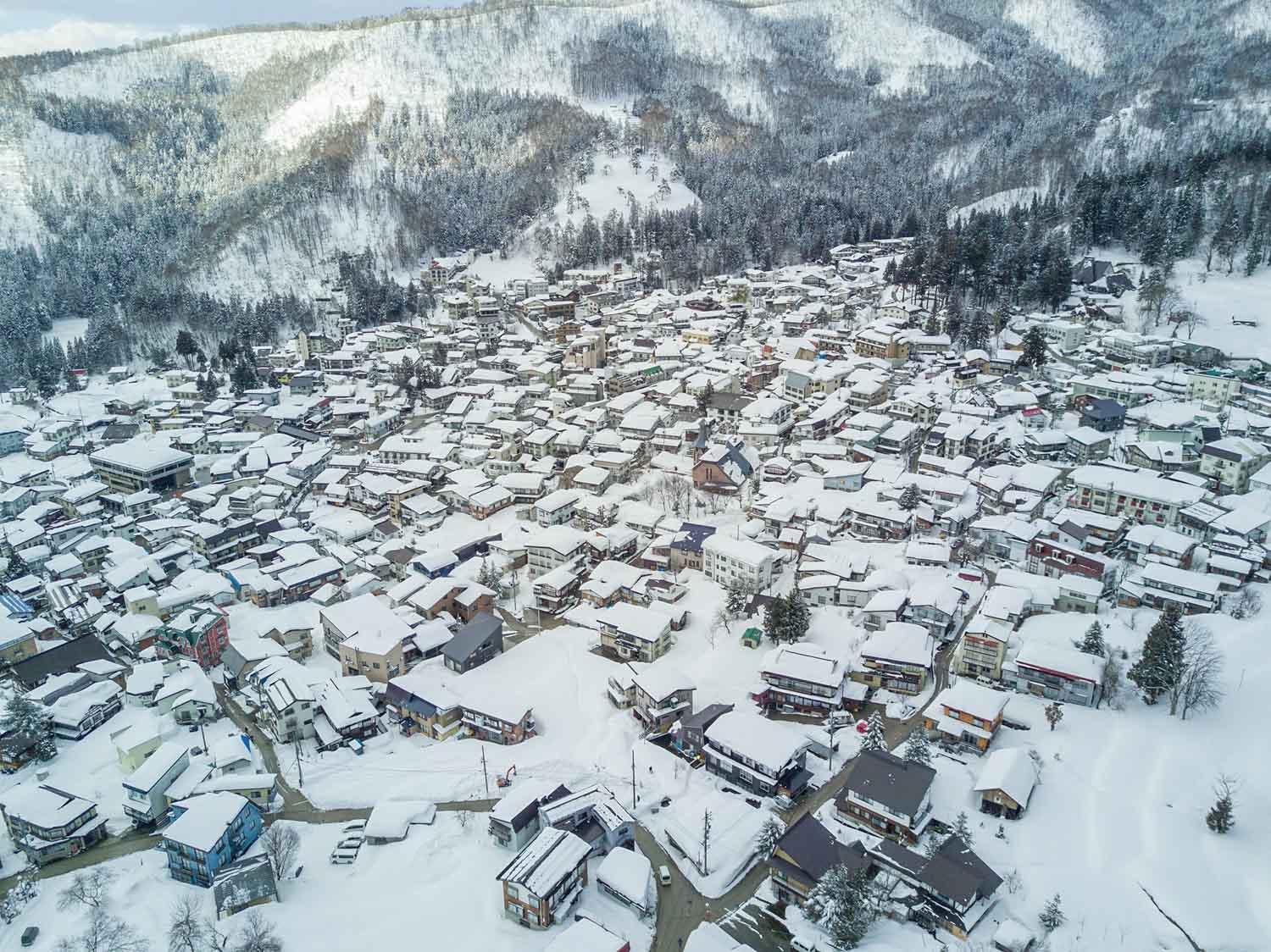
the colorful festivals
The Japanese loves their local festivals (matsuri). To international visitors, they are a fun and, often loud and crowded, way to experience the Japanese culture. The Dosojin Fire Festival in January is the most celebrated matsuri in Nozawaonsen, to pray for good harvest, health and fortune.
In fact, many visitors staying at Hakuba would make the 2-hour drive here to witness the iconic fire setting battle among villagers. It is a wild night when men defend a wooden Shinto structure while torch-wielding villagers attempt and eventually succeed to burn it down.
There are a number of interesting festivals taking place in the warmer months too, including the the week-long Baby Bamboo Festival in June that transforms sleepy laneways into a happening night market. September’s Lantern Festival is a fun and colorful affair
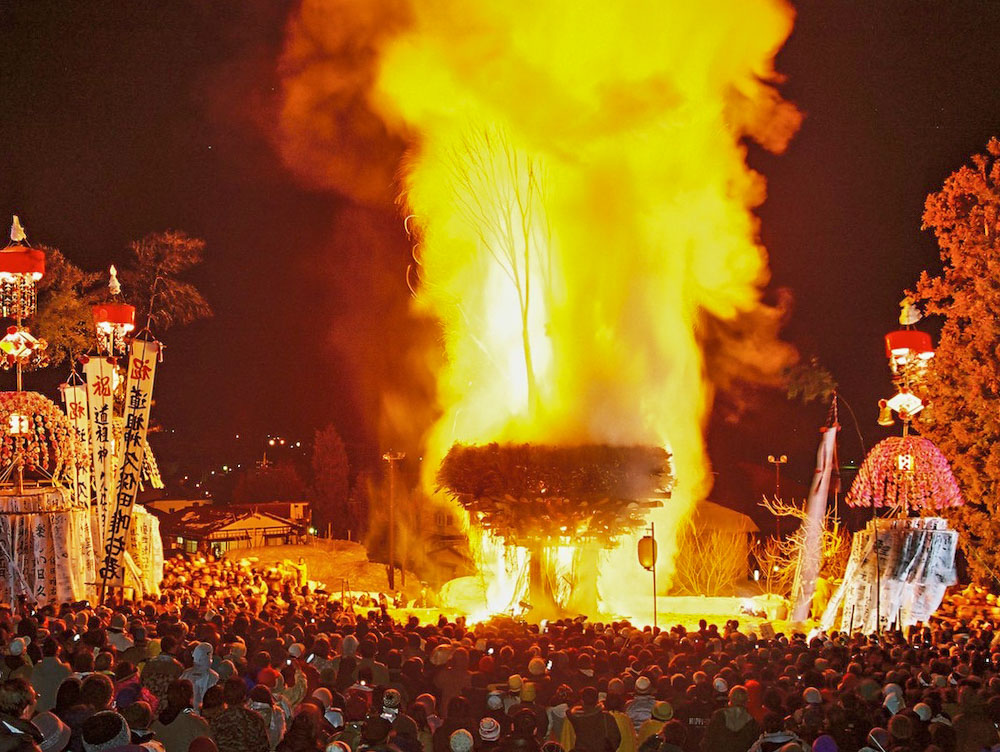
the green season
Speaking of Nozawaonsen in the warmer months, its excellent offering of outdoor activities, wellness retreats featuring natural hot spring, and farming experiences cements its place as a year-round resort. Summer life moves at a leisurely pace in Nozawaonsen, and it is the perfect setting to forget about the hustle and bustle of life and let the wilderness recharge you.
Hiking, mountain biking have been gaining popularity as more people take advantage of the well-maintained trails all over the mountain. Being a natural hot spring town with a long history, Nozawaonsen have been a major destination for wellness retreats, with a variety of yoga and meditation classes on offer. You might stumble upon a few local shrines and temples around town and temporarily immerse yourself in the locals’ religious life even.
Nozawaonsen is a agricultural-based town in summer, which means there is no better time for diners to capture the best of seasonal and local produce in the some 50 restaurants in town, from upscale to comfort food, and just about everything in between.
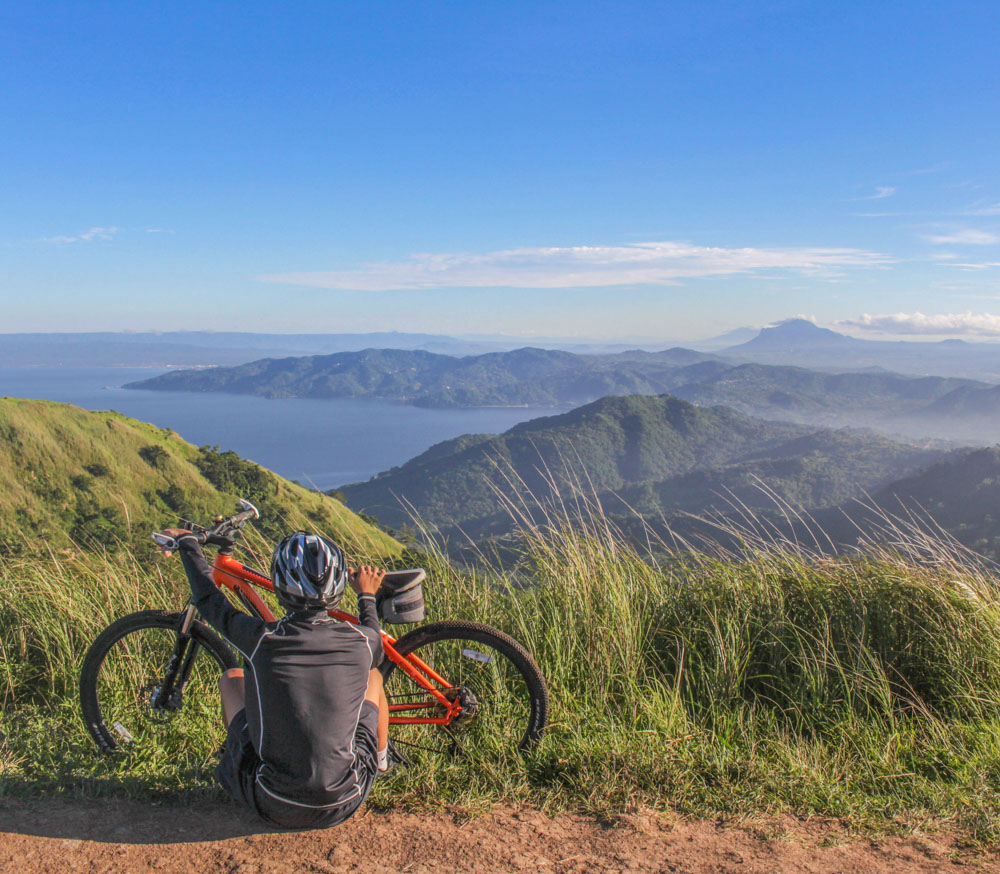
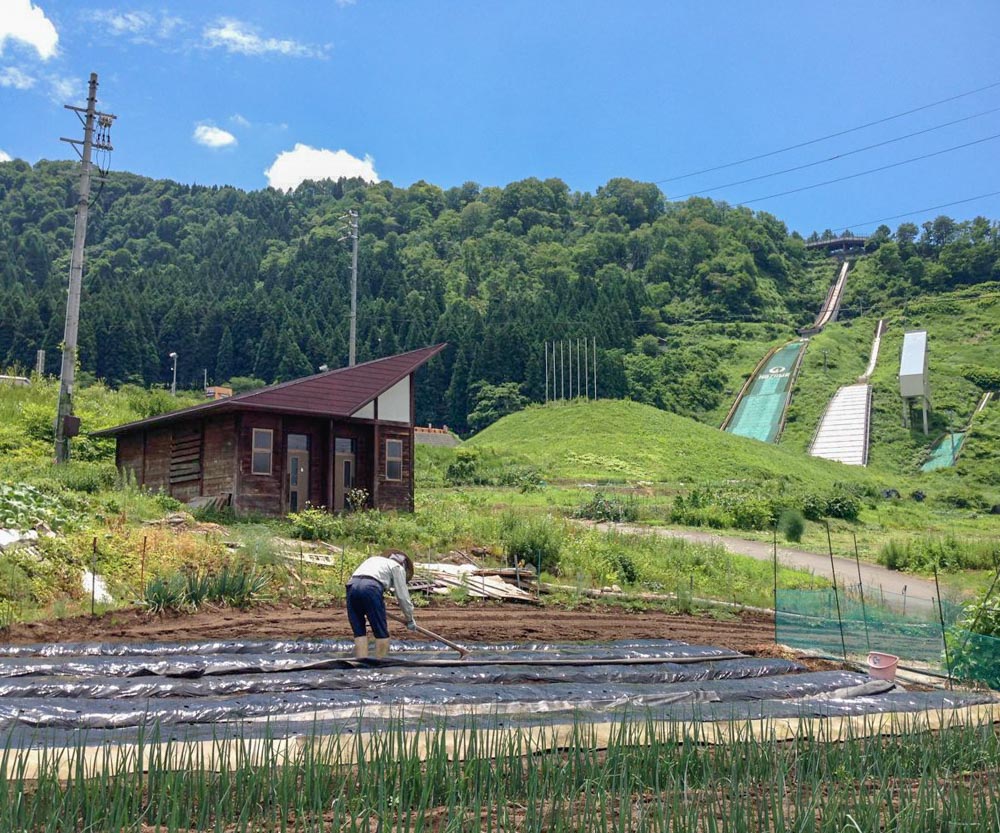
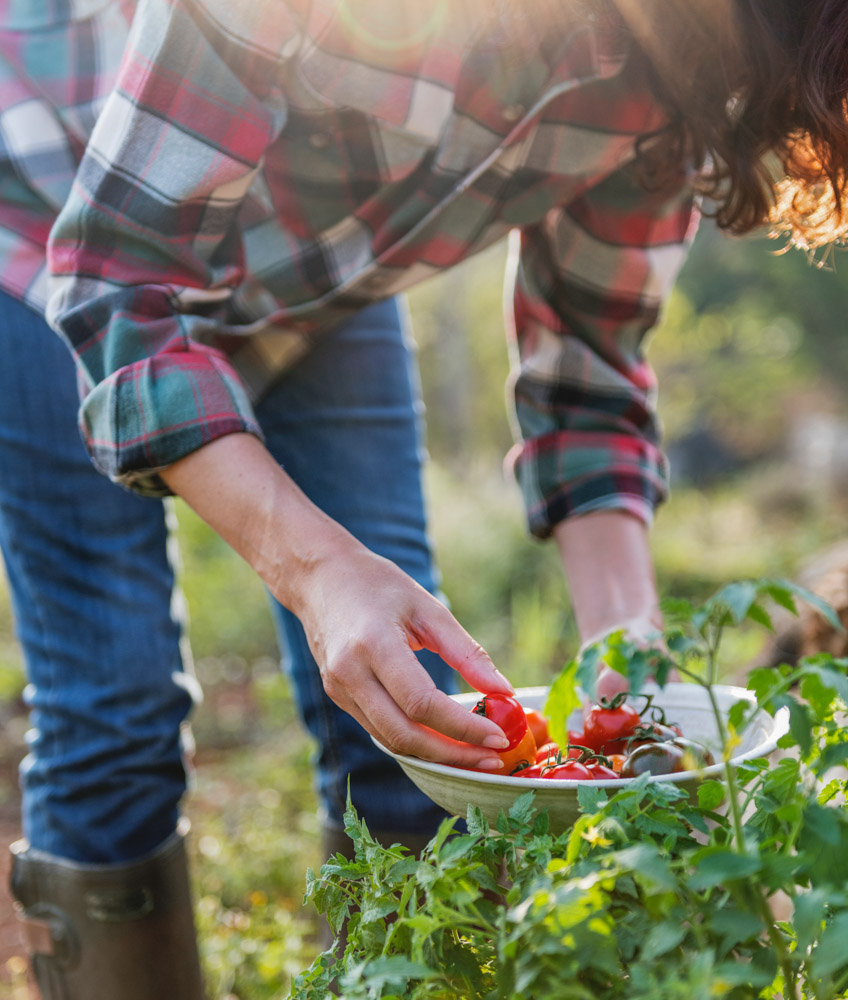
easy day trips from nozawaonsen
Nozawaonsen is located about an hour by road from Nagano City, which means Nagano’s impressive Zenko-ji Temple is one of the surprisingly accessible day-trip destinations. Also worth a mention is the famous Jigokudani Monkey Park, a park in nearby Yamanouchi that is inhabited by Japanese Macaques, also known as snow monkeys.
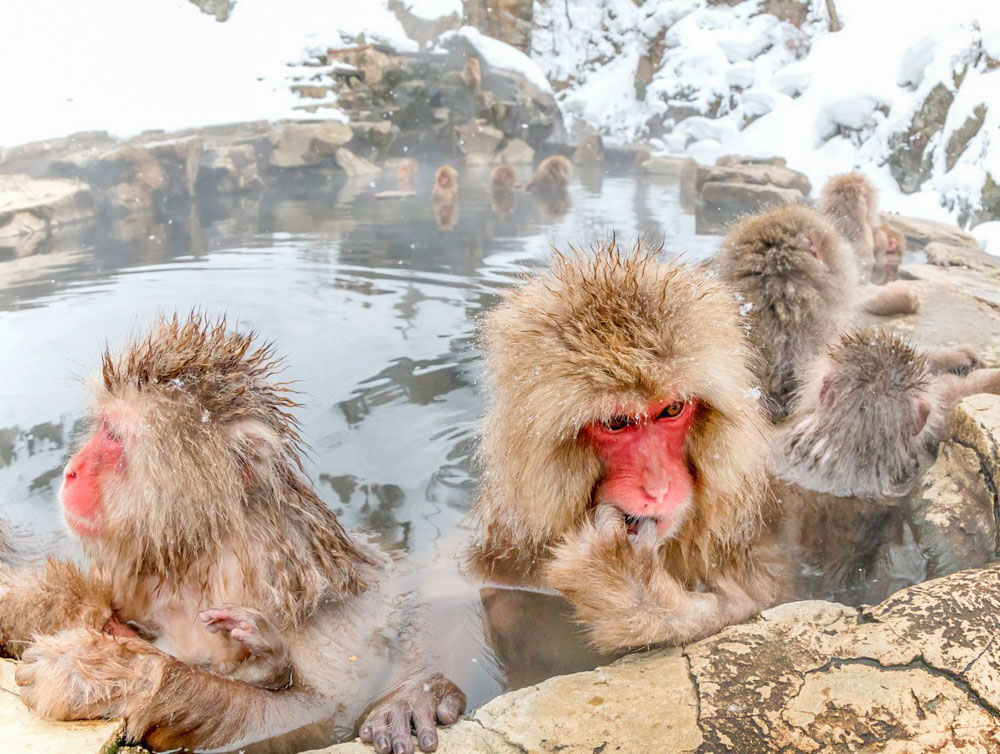
getting there
From Tokyo, getting to Nozawaonsen is simple and usually takes around 3 to 4 hours. Several companies offer direct bus transfers to Nozawaonsen from both Narita and Haneda airports.
While catching the train to Nozawaonsen is the usually the favoured option for the scenery on the journey. Take the Hokuriku Shinkansen and get off at Iiyama Station, where it is a short ride to Nozawaonsen.
Many in the Hakuba Valley made the 2-hour drive to Nozawaonsen themselves, or take advantage of direct shuttle buses.
Planning a vacation?
Talk to our concierge specialists to design your tailor-made experience!

 English
English

